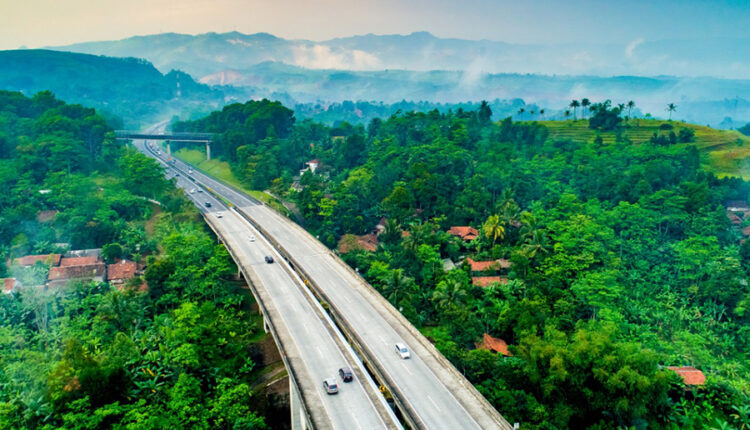Economist: Infrastructure Development in President Jokowi Era is Even and Increases Connectivity Between Regions
JAKARTA – Professor of the Faculty of Economics and Business, University of Indonesia (FEB UI), Telisa Aulia Falianty, appreciated the achievements of President Joko Widodo’s government in building infrastructure over the past 10 years. She called President Jokowi the Father of Indonesian Infrastructure because of his commitment in allocating a large budget for infrastructure projects.
“Our state budget allocates more than IDR 400 to 500 trillion per year for infrastructure development, which has an impact on increasing connectivity, basic services, and food distribution,” said Telisa.
Telisa highlighted the success of infrastructure development in the era of President Jokowi which has succeeded in reaching remote areas, including the Disadvantaged, Frontier, and Outermost (3T) areas. Development in 3T areas is not always economically profitable, but its social impact is very large in reducing inequality between regions. “This is in line with the Nawacita vision to strengthen the outlying areas,” he explained.
Executive Chairman of B Universe, Enggartiasto Lukita, also appreciated the massive development of transportation infrastructure in Indonesia. According to Enggartiasto, this development strengthens connectivity between regions and facilitates the distribution of goods and mobility of people.
“Connectivity between regions is already very connected, it is important for economic equality,” said Enggar.
Enggartiasto highlighted the sea toll program as an important achievement in reducing the price gap between the western and eastern regions. This program allows for faster and more efficient distribution of goods, thereby reducing the price disparity of basic necessities in remote areas.
“The price difference in the eastern region is now much smaller thanks to the infrastructure built during President Jokowi’s era,” he explained.
Modernization of transportation infrastructure was also acknowledged by Enggartiasto. The Jakarta-Bandung High-Speed Train, for example, connects the two cities in just 30 minutes.
“The feeder train from Padalarang to Bandung only takes 19 minutes, this is a big leap in our transportation,” added Enggartiasto.
This progress is also felt in Kalimantan and Papua, where transportation infrastructure has been connected to major cities. Aviation in Papua now has modern airports that facilitate access for local people.
“President Jokowi’s success in accelerating infrastructure development that is evenly distributed throughout Indonesia is something that was never imagined before,” explained Enggar.
For 10 years, President Jokowi has made infrastructure development a major focus, including the construction of 2,700 kilometers of toll roads and 50 new ports and airports. Telisa added that the development of air infrastructure in the 3T region also plays an important role in reducing the disparity in prices of basic necessities.
“The development of air connectivity is very important in supporting economic growth in the 3T region. This has been realized by President Jokowi,” concluded Telisa.
With these various achievements, President Jokowi has succeeded in optimizing the APBN in building infrastructure that has a positive impact on society, creating economic equality throughout Indonesia.
